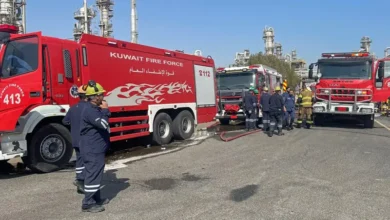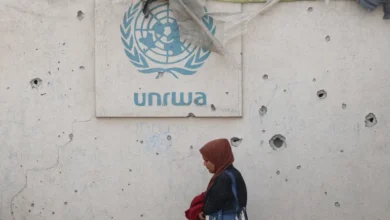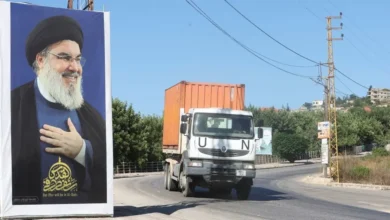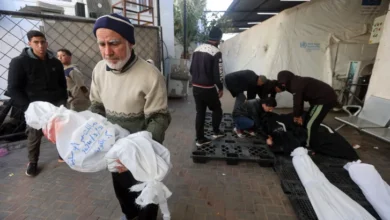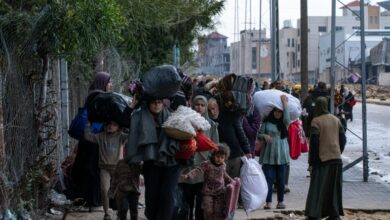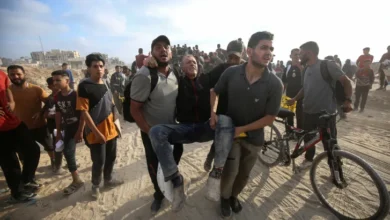‘Nothing to do with this’: Thai families plead for Hamas captives’ release

The distinctive Buddhist tattoo on the shoulder of the man lying face down on a roadside at the point of Hamas guns confirmed Kanyarat Suriyasri’s worst fears.Owat Suriyasri, 40, is feared to be among the 14 Thai nationals believed to have been taken from Israel into Gaza by Hamas fighters as captives.
“I just want to appeal to Hamas to release the Thais – they have nothing to do with this. They only left Thailand to work to provide for their families,” Kanyarat said. “They all have children.”
Owat, a father of two teenage boys, moved to Israel to work on a farm.
Like most of the 30,000 Thais working in Israel, mostly in agriculture, Owat hails from Isaan, Thailand’s poorest region.
For families like Owat’s that do not own land, working overseas offers the chance to build a nest egg – an arduous task in Thailand’s northeastern region, where workers typically earn as little as 6,000 baht ($160) a month.
“Otherwise you have to live paycheque to paycheque … you can never start a life without owning some land here,” Kanyarat, 39, said.Feared missing or dead
Thailand has reported the highest death toll from Saturday’s attack by Hamas fighters of any foreign country so far.
At least 20 Thai migrant workers are feared dead, Kanchana Patarachoke, a spokesperson for Thailand’s Ministry of Foreign Affairs, said on Wednesday, raising the death toll from 18.
Sign up for Al JazeeraOn the “Thai labourers in Israel” Facebook page, desperate relatives are seeking news of others feared missing or dead.
The hometowns listed by families include some of the poorest places in Thailand, including Kalasin, Surin, and Sisaket.
More than 1,200 Israelis were killed in Saturday’s attack, according to Israeli officials.At least 950 Palestinians have been killed in subsequent strikes on Gaza by Israeli forces, according to Gaza authorities.
After two years of working on an Israeli avocado, pomelo and lime farm a few kilometres from the Gaza border, Owat was due to make his first visit home to his family in Sisaket at the end of the year.
Kanyarat said her husband was planning to complete his five-year contract in Israel, pay off debts and come back to Thailand with enough savings to build a small house and send their kids to college.
“I’m pleading with them not to do anything to him, I turned off my socials, I don’t watch the news any more … I’m too scared,” Kanyarat said.
Owat’s home in Khantaralak district runs mainly on income from rubber and rice plantations.But rubber prices have fallen to 20 baht ($0.5) a kg, according to village chief Tawan Wangkahad, pushing dozens of locals to leave for Israel in recent years.
“They all want to come home for sure,” he told Al Jazeera.
“But most people are in debt, they have to borrow money to buy equipment to work in agriculture, sometimes they borrow to rent land to farm with interest payments of 10 percent.”

